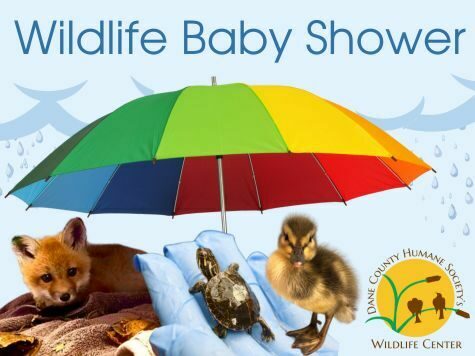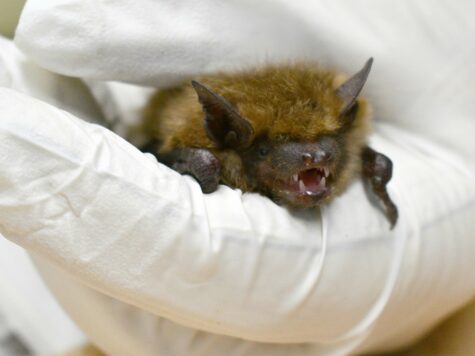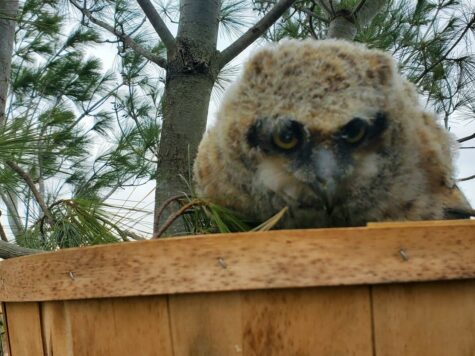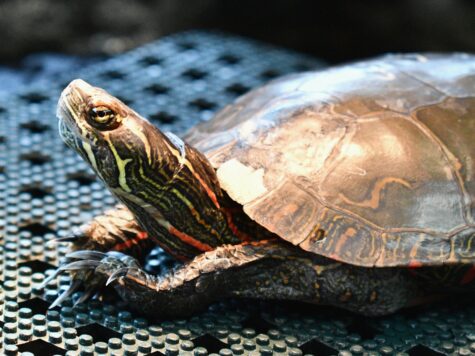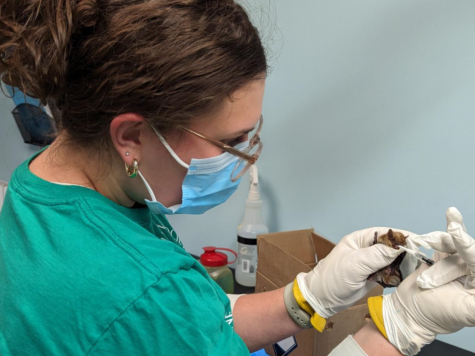As more snow falls in Wisconsin on Friday, January 12th, and temperatures are predicted to drop to single and even negative digits, Dane County Humane Society (DCHS) is offering tips to keep animals safe this winter.
For dog parents, DCHS suggests keeping walks short. As the temperature drops, so should the dog's time outside. At DCHS, when the temperature feels like 20 degrees or colder, a dog’s time outside is reduced to 15 minutes or less. When it feels like zero degrees or colder, that time is further reduced to 5 minutes or less.
Some long-haired and fluffy dogs can be outside a little longer because they have more fur to protect them, but eventually, they too can be negatively affected by cold weather. Each pup is different, but once a dog begins holding one of their feet up, it's time to get them inside.
The paw pads on dogs and cats are skin, so they can freeze and even suffer frostbite. If a dog allows it, put a sweater, coat, or booties on them to keep them from getting cold too quickly. There are also balms that can be put on paw pads to provide some protection from the elements.
To help dogs exert their energy indoors on colder days, DCHS suggests activities that provide mental stimulation like puzzle toys, frozen Kongs filled with treats, training on a new trick, hiding treats around the house for them to find, creating an indoor agility course, or building a treat box. Dog parents can watch the DCHS video below on how to make a fun and engaging treat box.
With frigid temperatures and little shelter, lost, feral, and free-roaming cats will search for ways to keep safe and warm, including hiding under car hoods or in the wheel well of a vehicle. Before starting your vehicle’s engine, bang on the hood to give cats or other small critters the chance to flee or make their presence known. Check under your vehicle to make sure an animal is not taking shelter there.
As for Wisconsin’s native wildlife, they have great survival strategies for winter. If they are healthy, they should not need help. For instance, Eastern cottontail rabbits have thick fur coats and rely on sheltering in dense brush to keep out of the wind and stay warm. But if you think a wild animal is sick or injured, please contact DCHS’s Wildlife Center at (608) 287-3235.
Top photo: Jose wears a sweater to help keep him warmer when in the yards at DCHS. To learn more about Jose or other animals available for adoption, click here.


